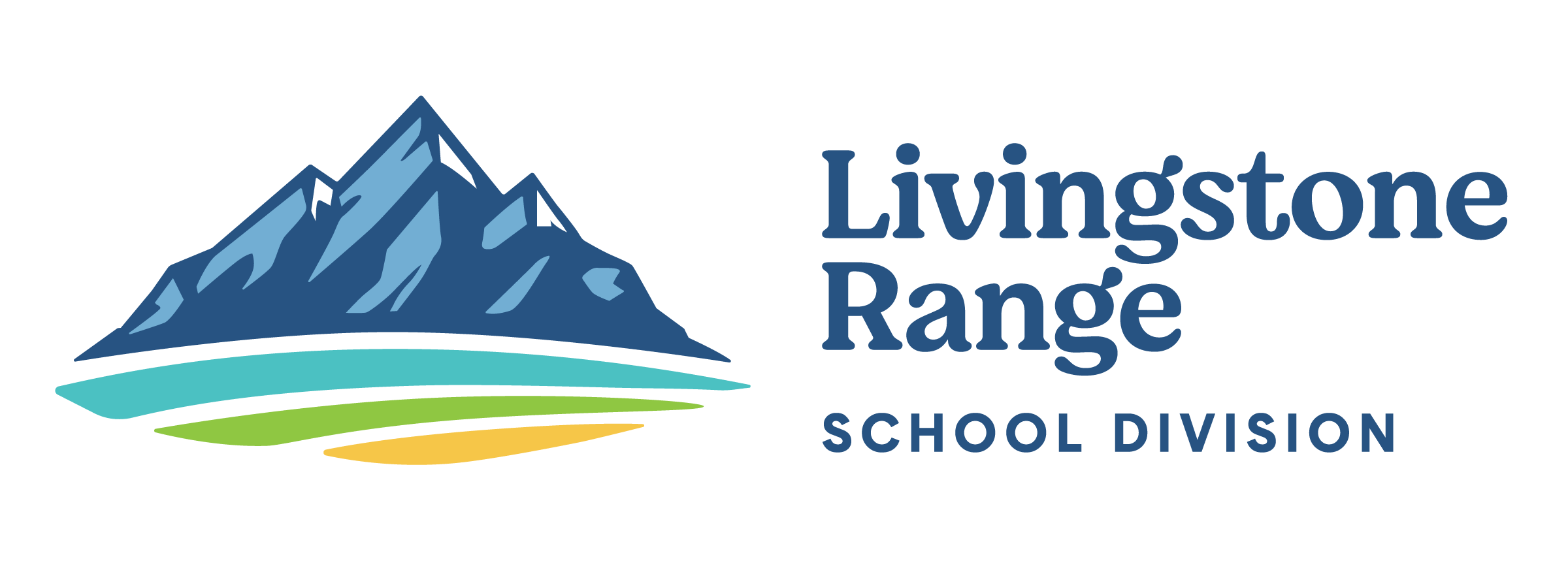Learning support is provided through several methods at A. B. Daley School. Many people and resources are utilized in the process of assistance for academic, social, emotional and personal support within this setting.
Academically, classroom inclusion is the main driving principle in which students receive the extra help they need. Classroom teachers make adaptations and modifications to assist the students with their individual needs. If more assistance than this is required, the student is referred to the Learning Support team for further help. When extra help is needed it can take the form of extra assistance within the classroom itself, or it can mean either long-term or short-term help in the form of a pullout program in small groups or individually. Both the Learning Support Teacher and Educational Assistants provide guidance in these situations. As well, community volunteers help out in the classrooms with individuals or small groups who need some extra support.
Students who require support with social or emotional concerns can receive help from the Family School Liaison Counsellor.
Other support at A.B.Daley School includes Speech-Language, Occupational Therapy, and Physiotherapy Therapy offered through therapists from the Calgary Health Region.
Process for Accessing Learning
The process for accessing learning support assistance involves the initial identification of student needs either by the staff or by parents. Teachers do ongoing assessments within their classrooms and readily identify students who are experiencing difficulties. Prior to report cards being sent out each term, administration reviews the marks, both academically and socially, to determine any other concerns with individual students.
When it is determined that more in-depth testing is required, this is supplied by the Learning Support Teacher at A.B.Daley School. From these results, it is then decided whether or not more detailed testing is required through Central Office certified personnel. This degree of testing can often lead to longer-term intervention by the Learning Support Teacher and/or by Educational Assistants. As well, an Individual Program Plan (IPP) may possibly be developed for a student who has specific needs. The planning of this program is done collaboratively with the staff, parents, and when appropriate, the student. These plans are reviewed throughout the year by all stakeholders involved.
In order to access help from the Family School Liaison Counsellor, parents can phone the school to talk with the counsellor and set up a time to fill out the forms. Teachers may also recommend that a student see the Family School Liaison Counsellor and after the first visit permission must be asked of the parents.
Regarding the therapists’ service through Calgary Health Region, teachers often refer students (with the permission of the parents), but parents may also request this service.
Process for Appealing School Decisions
Livingstone Range School Division school staffs work together with all special needs students and parents to design appropriate programming for all students based on shared information. Any concerns can be addressed at the school level with the Learning Support Teacher and Principals, and then, if necessary with the jurisdiction to determine the needed next steps. (Policy 14, Livingstone Range School Division #68). Further problem solving might involve the Superintendent of Schools, the School Board or the Minister of Education.

